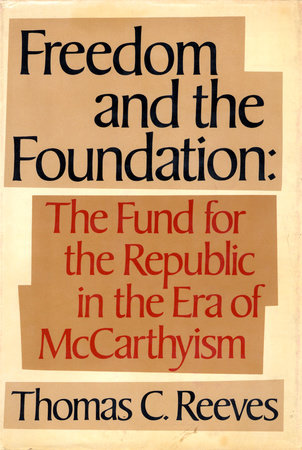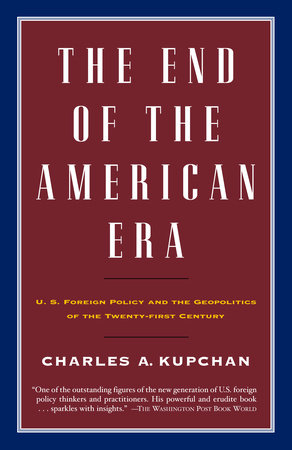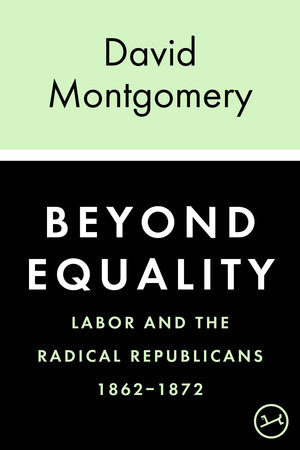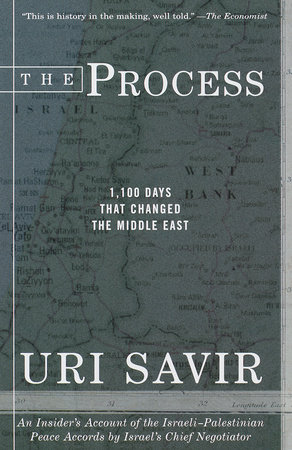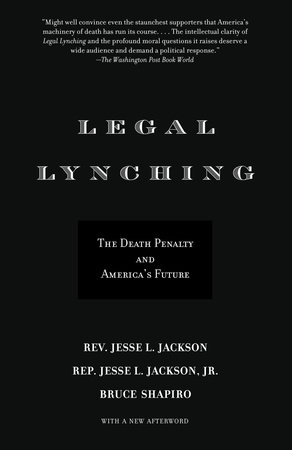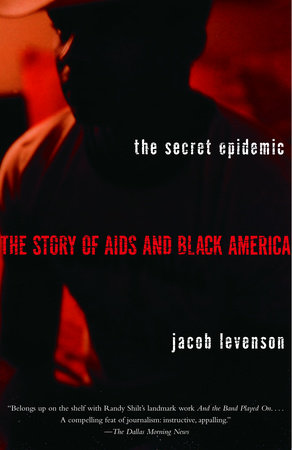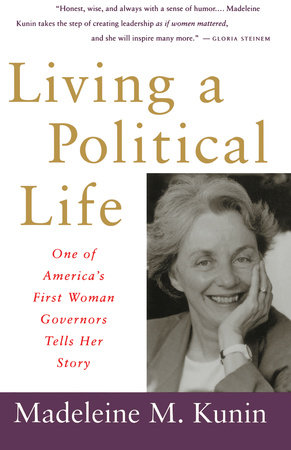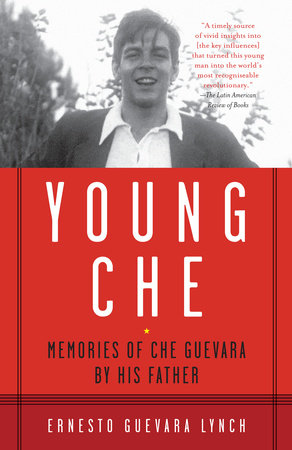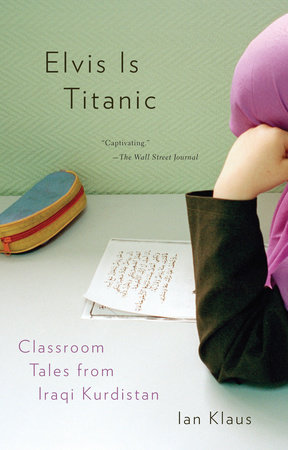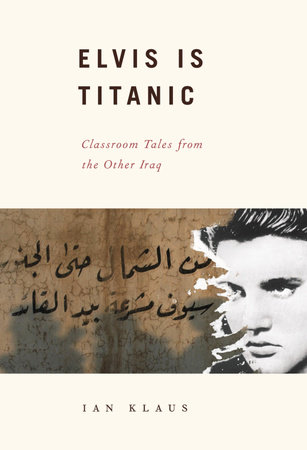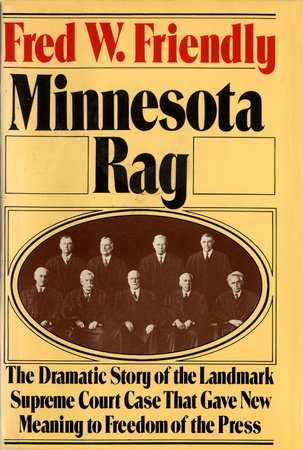Q: Where did the title ELVIS IS TITANIC come from?
American pop culture has tremendous and unpredictable effects. Most of my students, cut off from much of this media and indeed the world, were not familiar with the Beatles or the Rolling Stones. But when asked if they had heard of Elvis, they looked at me like I was silly. Of course they had. And, as one student added, Elvis was as big as could be, was everywhere, was Titanic–not the adjective or the ship, but the movie.
Q: Tell us about Iraqi Kurdistan and how is this region different from the parts of Iraq we’re used to hearing about?
Kurds for the most part, still use the word “liberation” rather than “occupation.” The people and the government of the region consider themselves allies of America. A journalist in Suleymani, the second-city of Kurdistan, recently asked me why America has not done more to help the Kurds and why Americans don’t care to get to know a people who support them "We have the same problem in a way," I responded, "Kurdistan struggles to make itself known to America and America, today, struggles to make that which is great and good about it known to the world."
In the late 1980’s, Saddam conducted his “Anfal” campaign (the name is taken from the Koran) against the Kurds. Using chemical weapons and razing villages, Saddam’s government killed upwards of 200,000 Kurds. Following upon the Gulf War in 1991 and up until 2003, Iraqi-Kurdistan was an autonomous region. It had its own government, military and police force. Today, for all intents and purposes, it remains an independent place. Geographically, it is a stunning, with tremendous mountains and valleys. It is a place where, during any given dinner, politics, poetry, and certainly singing have a place. I got a lot of mileage out of my embarrassingly terrible rendition of Willie Nelson’s version of “City of New Orleans.”
Q: You spent some time in Iraq again this summer. Where did you go and what were you up to there?
I was staying in Suleymani with a man named Nashirwan Mustafa and his family. It was once said of him, years ago, that he could ignite Kirkuk with a phone call. He was the long time deputy to Jalal Talabani, the capable and forceful president of Iraq. Now he is setting up a media agency and think tank of sorts. I spent some time writing, more doing academic research, but most of the time traveling and attempting to understand the dramatic changes taking place in a part of Iraq that today looks something like the best case scenario one could have hoped for in 2003–which is to say it still has tons of problems. Over the course of the month I ended up playing in soccer games that crossed over into Iran, and spending many a lunch hour asleep on the floor of local Sheikh’s home after being welcomed in during a visit to his village. I also second hand smoked a duty free store worth of cigarettes.
Q: Why did you decide to teach in Iraq? After the experience, do you believe you achieved the goals you set out to achieve?
I believe our country to be one of tremendously diverse resources and talents. I had many friends in Iraq with the Army and believed that if we were to have a military presence, the other aspects of America–its history, its culture, its language–should be represented as well. It’s a dangerous concept, in some ways, but I found my students to be receptive to conversation and dialogue. They were not to be preached at; but they were certainly eager to talk about America.
I’m not sure if I accomplished my goals, but am certain now that one can’t simply talk about democracy, or liberalism, or free markets. One has to begin by simply talking and listening, understanding the diversity and depth of historical experience and the effects it can have on individuals before simply advocating systems of government. One must not, to paraphrase from one of the last century’s great writers, see only cause and no people.
Q: What might one of your US History or English students say they learned from you?
America, I learned, was perceived as being a great power, without serious problems, either in the past or the present. Historically, the perception, for instance, was that the Great Depression did not impact America much. There was also no sense that, today, religious fundamentalism could effect Christianity as well. I would hope one of the history students might point to the profound and ongoing struggles that have defined America up this point; and, perhaps, that America remains a work in progress.
It’s difficult to predict, however. Some students, especially some in the English class, might simply say that they learned that baseball is a rather ridiculous game to try and understand, whether it be through its relevance to Hemingway or the ideas of Stephen Jay Gould.
Q: How have you been able to apply all that you learned from your students to your own studies in history and your life back in the States?
I have a friend and a student in Kurdistan who was a conservative Muslim and does not shake hands with men. She is also a scientist, who having lost a brother to Saddam, was very much in favor of the war. I don’t know where she would fit into the “Clash of Civilizations” dynamic. She is, and this is a challenge for historians as well as for people in everyday life, an individual and meant to be understood as such–as somebody who has endured, who hopes for a better life, and who believes wholeheartedly in her God. To come to understand people on their own terms, in their multitudes, as daughters, sons, professionals, believers, survivors is the challenge of both historians and friends.
Q: It seems the legacy of Saddam is ever present in Kurdistan. How have years of dictatorship effected this generation of Kurds and what do you hope for them in the coming years?
Ryzsard Kapuscinksi writes of the lingering effect of Stalin’s rule years after the dictator’s death. I found something similar with regards to Saddam amongst the older students I taught. The psychological effects of fear, in terms of behavior and certainly in terms of memory, can last a long time. Saddam came up in almost every conversation I had–he was a constant reference point, a kind of dark star around which other topics revolved. One of my mature students told me that her generation (fifty and sixty years old) “just makes fires.” Hers was a hope for the youth.
Q: As an American, did you encounter any resistance within the University or any resentment within the community?
I was, considering the timing and the country, made to feel extraordinarily welcome. Of course there were moments, but they were few and far between. For the most part, I encountered the kind of resistance you do want–that is to say, I met a willingness, after a period of earning trust, to challenge my ideas. Students did not shy from telling me they believed America was in Iraq for oil or that America had intentionally created a war zone in much of Iraq. As unpleasant as some of the conversations were, dialogue was the point. This was perhaps the hardest conversation to have: “Yours is a powerful country,” I would be told, “One that defeated Saddam. And you’re President says the war is about fighting terrorists in Iraq rather than at home. Didn’t the US then create this situation intentionally?”
Q: What was the most remarkable lesson/experience that you took away from your time in Kurdistan in 2005?
Amidst war, dictatorship and depravity, people still build lives and families, still fall in love.
